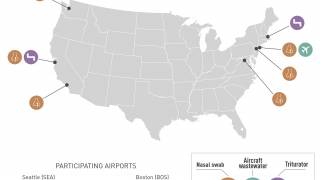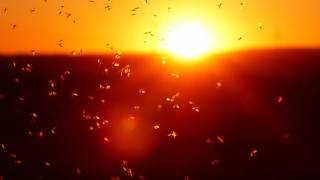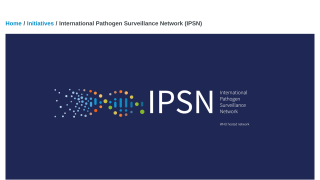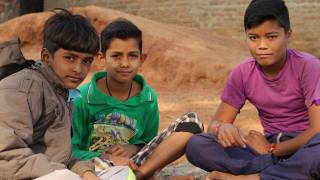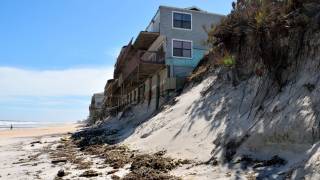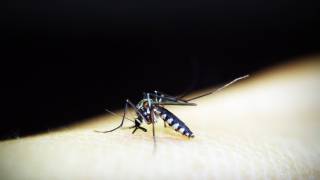Ebola Vaccine Candidate Delivered 100% Protection
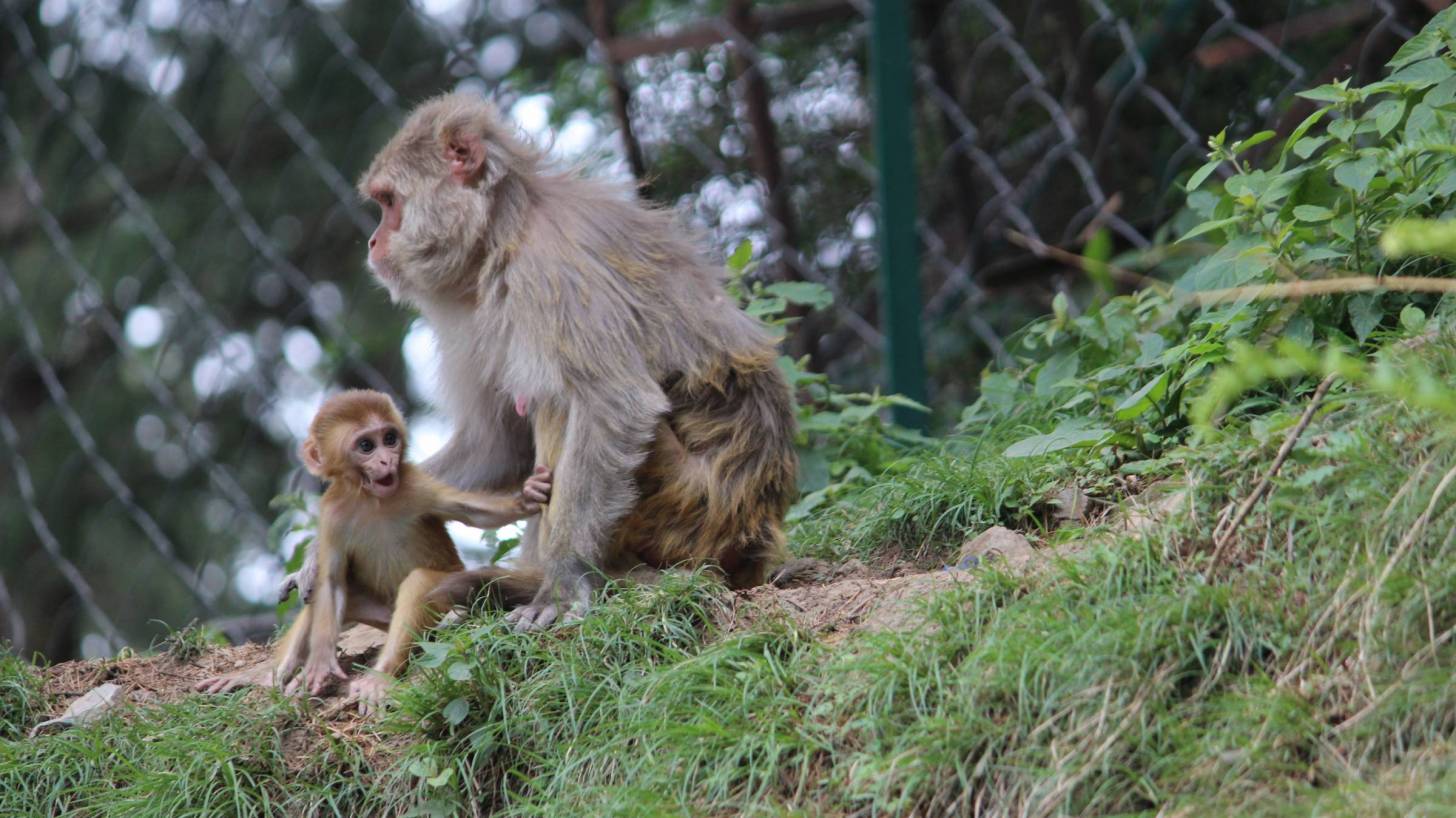
An Ebola vaccine candidate was reported to provide 100% protection in rhesus macaques challenged with a lethal dose of Ebola virus (EBOV).
Currently, there are no FDA approved vaccines for Ebola virus.
This research paper shows that a single intramuscular (IM) dose of GEO-EM01 can confer full protection against a lethal EBOV challenge, after a single-dose vaccination in macaques.
In this study, GEO-EM01 was administered as either a single IM inoculation (prime) or as two IM inoculations at a four-week interval (prime-boost) to groups of four rhesus macaques each.
Researchers at Rocky Mountain Laboratories, part of the National Institute of Allergy and Infectious Diseases (NIAID), collaborated in this small pre-clinical study.
GEO-EM01 is one component of a tetravalent hemorrhagic fever virus vaccine being developed by GeoVax. The other vaccine components are for protection against Sudan virus, Marburg virus, and Lassa virus.
Farshad Guirakhoo, Ph.D., GeoVax’s Chief Scientific Officer, commented, “This study is unique because the immune response induced after a single dose of the GEO-EM01 vaccine not only provided full protection against a lethal challenge but also eliminated the wild-type Ebola challenge virus from the animal’s blood.”
“No live virus could be recovered at any time point from any of the vaccinated animals compared to the controls, which had more than 100,000 live Ebola viruses per ml of blood,” said Dr. Guirakhoo.
Ebola hemorrhagic fever (EHF), now also known as Ebola virus disease, is a fast-progressing, highly lethal zoonosis that, if not contained, poses a threat to global public health.
Ebola is a very contagious disease with a high mortality rate. The incubation period from initial exposure to onset of acute disease symptoms is between 2 and 21 days with the average being 6 to 10 days.
Ebola virus is spread through inhalation, ingestion and or passage through breaks in the skin when an uninfected person comes in contact with blood or other body fluids.
At least 17 outbreaks of EHF have occurred since 1976, with the 2013–16 epidemic in West Africa being the first with devastating consequences of rural to urban spread, and the first to cause more than 11,000 fatalities, reports the Centers for Disease Control and Prevention (CDC).
Given the increasing urbanization of Africa and the globalization of air traffic, measures need to be put in place to control the next emergence of Ebola virus.
In a separate study researchers reviewed how public health authorities in at-risk countries are considering how to integrate EV into future emergency Ebola responses and for prevention in high-risk groups, such as healthcare workers and frontline workers, even before an EV is licensed.
This study suggests the development of guidelines and protocols for Ebola vaccination prior to future Ebola outbreaks, utilizing the best available vaccine candidate.
Additionally, ZMapp, an experimental therapeutic drug developed, is designed to treat people infected with Ebola virus and is not designed to prevent infection.
These researchers did not disclose conflicts of interest. The corresponding authors are Harriet L. Robinson & Andrea Marzi.
Our Trust Standards: Medical Advisory Committee
- A Single Dose of Modified Vaccinia Ankara expressing Ebola Virus Like Particles Protects Nonhuman Primates from Lethal Ebola Vir
- Considerations for use of Ebola vaccine during an emergency response.
- Ebola Preparedness Accelerates
- GeoVax Publishes Ebola Vaccine Study Results in Nature’s Scientific Reports
- Ebola (Ebola Virus Disease)
- Ebola virus vaccines – reality or fiction?





